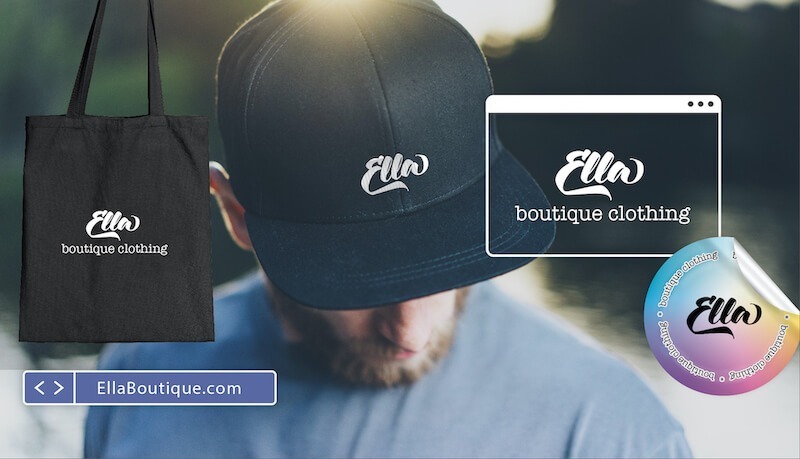
If you have ever been to a conference or trade show, you’re probably familiar with promotional products. Companies typically provide an assortment of pens, hats, notebooks, t-shirts, and other free “swag” that you pick up during these events to increase brand recognition.
Even though they’re small, they’re also really effective when you think about it. Every time you use a pen or put on your t-shirt, you see their brand. Even better — every time someone looks at you while you’re using the product, they see the brand as well.
Because of this, most brands use promotional products to bring in new customers. But before you immediately start producing a warehouse full of t-shirts, it’s important you gain a deeper understanding of this strategy.
The data doesn’t lie. And when it comes to the data of using promotional products as a marketing tool, it shows how useful it really is. A study by the Advertising Specialty Institute found that the average consumer keeps promotional products for between eight and 16 months. The same research also found that each promotional item generates 3,400 impressions during its lifetime. Now that’s a lot of eyes.
When you compare this with the cost for online impressions on social media, which averaged $6.37 per thousand impressions in 2021, spending a few dollars for a t-shirt or bag with your logo on it, is worth the investment.
That being said, these brand marketing efforts add up when you’re calculating your return on investment (ROI). To avoid this, you’ll need to do the following:
If you have the right products and plan, this type of marketing can be very effective.
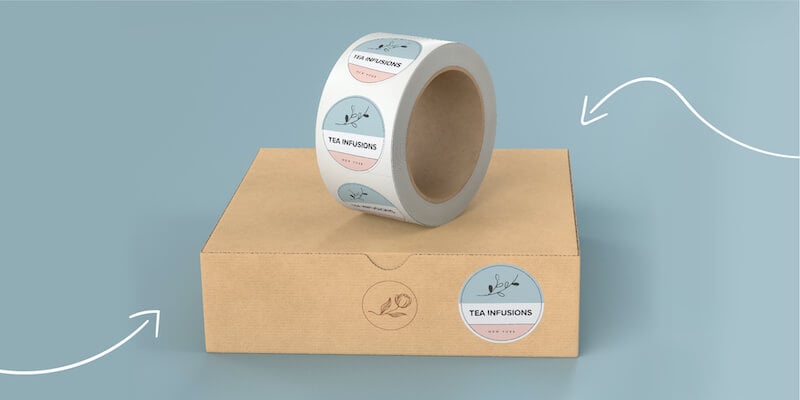
Promotional products are a time-tested marketing tool. The American Marketing Association found that more than half of all adults use promotional items in their daily lives, and an astonishing 85% will eventually do business with the company that gave them the item.
Most of the time this success can be attributed to how potential customers become familiar and interact with logos on promotional products. That said, an effective logo is essential to create this connection. With the right branding strategy and visuals, promo items can offer benefits beyond drawing in new customers.
An eye-catching logo on promotional products will help raise brand awareness by simply putting a visual in front of your audience.
When someone wears a shirt or carries a tote bag with your logo in public, they are, in a sense, giving their approval to your brand. Other people will see this, and many may subconsciously think, “that must be a good brand!”
In this way, you can raise brand awareness for the people who use the product AND those who see them using it.
Lead generation is essentially anything that could interest your audience in a way that could result in a sale. You’ve probably tried plenty of tactics to do this — digital marketing, traditional marketing efforts, and more.
Unlike other methods, customers have ongoing contact with branded promotional products. They see a logo and a branding campaign more than once, which increases the likelihood of lead generation. This repeated exposure is great for advertising to those with a short attention span.
Remember the American Marketing Association research that showed that 85% of adults would consider working with a brand that gave them promotional products? That is an example of lead generation in action.
Getting customers to stick around or come back is easier said than done. Promotional products act as a continual reminder because people tend to keep them for months or years.
You can also provide these extra items to customers when they buy something from you. This will serve as a reminder of your brand and also act as a keepsake that can keep their purchase front-of-mind.
Promotional products are a low-cost marketing tool compared to other modes of advertising, such as billboards. They can even be cheaper than online marketing campaigns in terms of overall impressions! The right vendor can provide quality products for a reasonable price to help you get the best possible ROI.
Giving out products can give you a competitive edge in your industry, especially if your competitors do not distribute promotional items. Even if they do, an eye-catching logo can help you stand out from the others in your sector.
Although there are plenty of benefits, it’s all about the actual product you choose. When in doubt, lean towards practicality. Consumers may appreciate useful and novel products rather than poorly made ones.
Keep the target demographic in mind when choosing products, and select items they will find useful. Here are some current items to consider.
Writables: pens, notebooks, and notepads are ideal for corporate or business-to-business service providers.
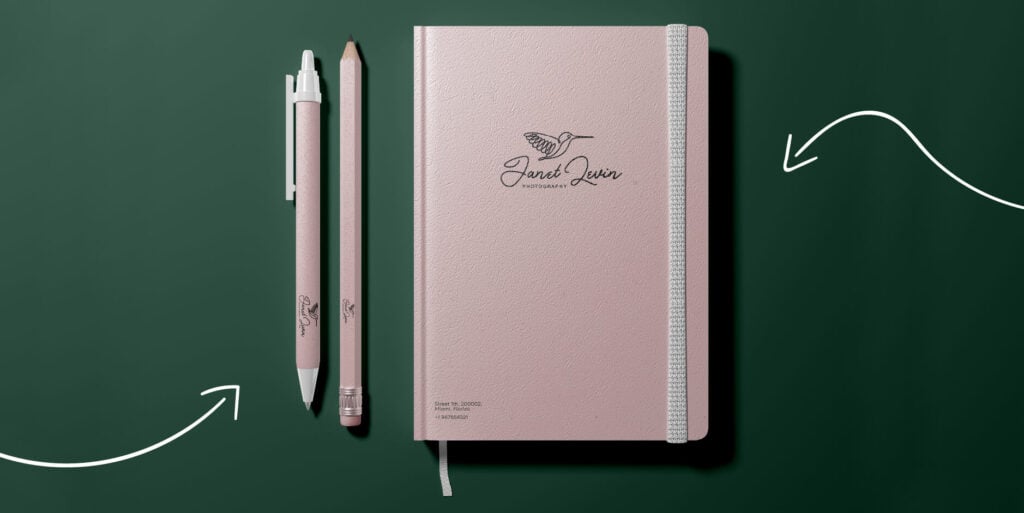
Electronics: flash drives, flashlights, power banks, or USB cables are suitable for tech businesses, gamers, students, and other younger demographics.
Apparel: t-shirts, scarves, and socks suit almost any demographic (we could all do with another pair of socks). However, you need to be sure to provide a diverse sizing range.
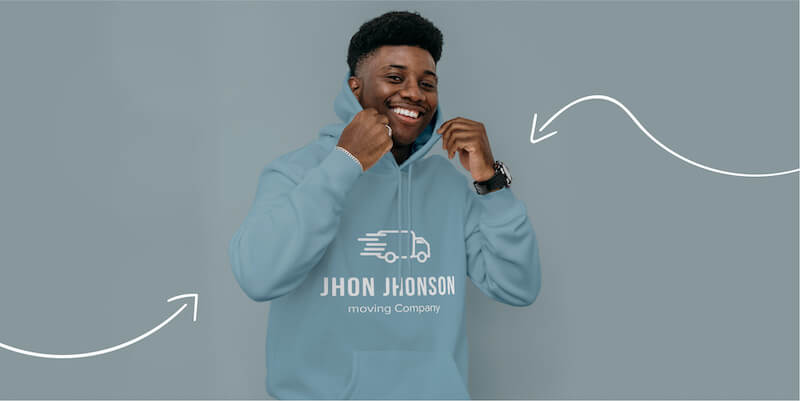
Souvenirs: tote bags and mugs, can be practical as long as they are useful.
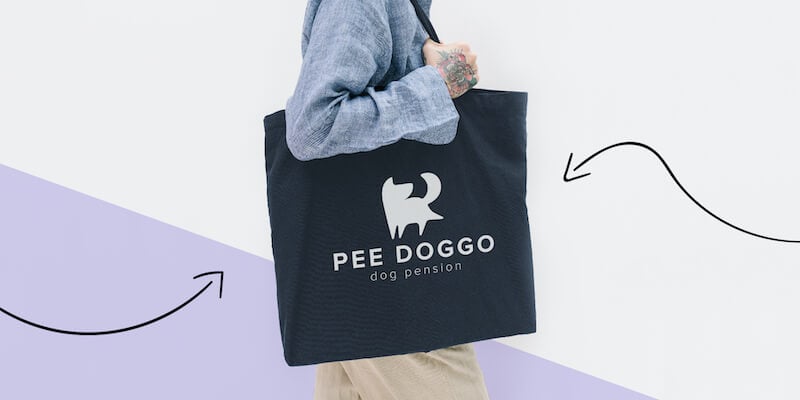
Health-related items: hand sanitizers, yoga mats, water bottles, and first aid kits are ideal for fitness-related businesses and those in healthcare or related industries.
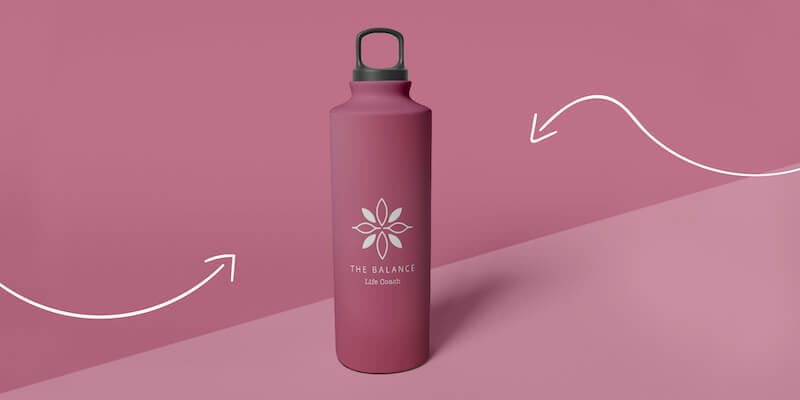
Whatever items fit your marketing plans the best, you need to make sure to work with a product provider who will customize your printed items so that they include the necessary logo and branding details
In addition, you’ll need to create promotional products that won’t prove defective as soon as your potential customer even touches them. This can be hard to balance if you’re also trying to yield a positive ROI. Here are some tips for getting the most out of your promo items.
By picking the right products, you’ll reap the fruits of your marketing labor! Soon enough people on the street will be looking at your company logo and thinking, “Huh, they must be great!”
This portion of our website is for informational purposes only. Tailor Brands is not a law firm, and none of the information on this website constitutes or is intended to convey legal advice. All statements, opinions, recommendations, and conclusions are solely the expression of the author and provided on an as-is basis. Accordingly, Tailor Brands is not responsible for the information and/or its accuracy or completeness. It also does not indicate any affiliation between Tailor Brands and any other brands, services or logos.
Products
Resources
@2024 Copyright Tailor Brands